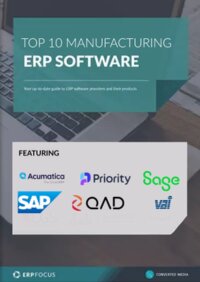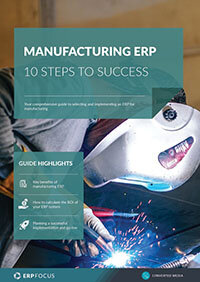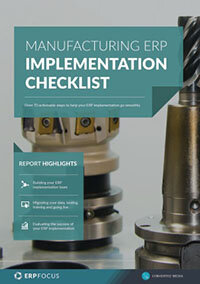MES vs ERP: which one suits your needs best
There is an easy answer to this question: it depends.
ERP stands for ‘enterprise requirements planning’. Under a single big umbrella, we have finance, sales, purchasing, inventory management, and many other systems to help the entire enterprise.
MES system vs ERP
MES stands for ‘manufacturing execution system’. MES is focused almost entirely on the shop floor, helping keep production in line with sales demands and purchasing supplies. MES is increasingly available as a module within ERP systems, though can also be used as a stand-alone system integrated with ERP.
Where you don’t need MES
You might produce a single, simple, product. It might be those throwaway pencils they pass out at no charge when you go to play miniature golf. These pencils are short. There is no eraser. They only come in a single hardness. They might come from a small shop which counts how many are on hand and backflush the materials used. There are only two shop employees and no one cares which of the two worked at which station. This business has little need for MES.
In this example the shop might have need of a basic ERP system to take care of inventory, purchasing or finance, but has little need for a full-blown MES.
Where you do need MES
Another manufacturer might have hundreds of products that can be made at several plants around the world. ERP has a sales order demand for a product that must be on a customer’s dock in two weeks. There are thousands of other orders and forecast demands at the same time. MES will analyze all the demands and available shop time and materials on the supply side.
MES will determine the optimum plant to produce this particular order so it can be shipped and delivered on time. MES will produce a shop schedule for all the plants, which includes manufacturing for this particular demand.
MES also tracks the actual production time and quantity completed and will reschedule this and other production in a continual juggling act to best fulfill every customer’s needs and make each plant the most efficient and effective as possible.
Other businesses are somewhere in between. There is a single production facility with a variety of products. Those products still need to be delivered on time to waiting customers. This business might be able to reschedule by “eyeball” as the manager walks through the plant. MES here will provide production details the manager can analyze and determine which workers are most productive or might be best suited for particular tasks.
Your manufacturing business might have compliance requirements that MES can provide the necessary data. MES can track employees’ training and certifications and ensure only qualified workers perform certain work. MES can track daily time to help ensure workers take required break periods or keep their exposure to hazards are minimized.
Which one suits you best? Look at your needs. A lot of manufacturers need ERP. Some can also benefit from an MES that can be integrated into that ERP. In the right circumstances, the systems complement each other. Which one suits your needs best?
Free white paper
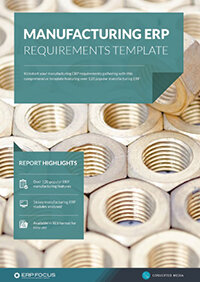
Manufacturing ERP requirements template
Over 120 critical manufacturing ERP features in one downloadable spreadsheet
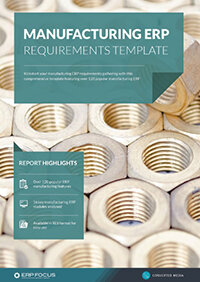
Featured white papers
Related articles
-
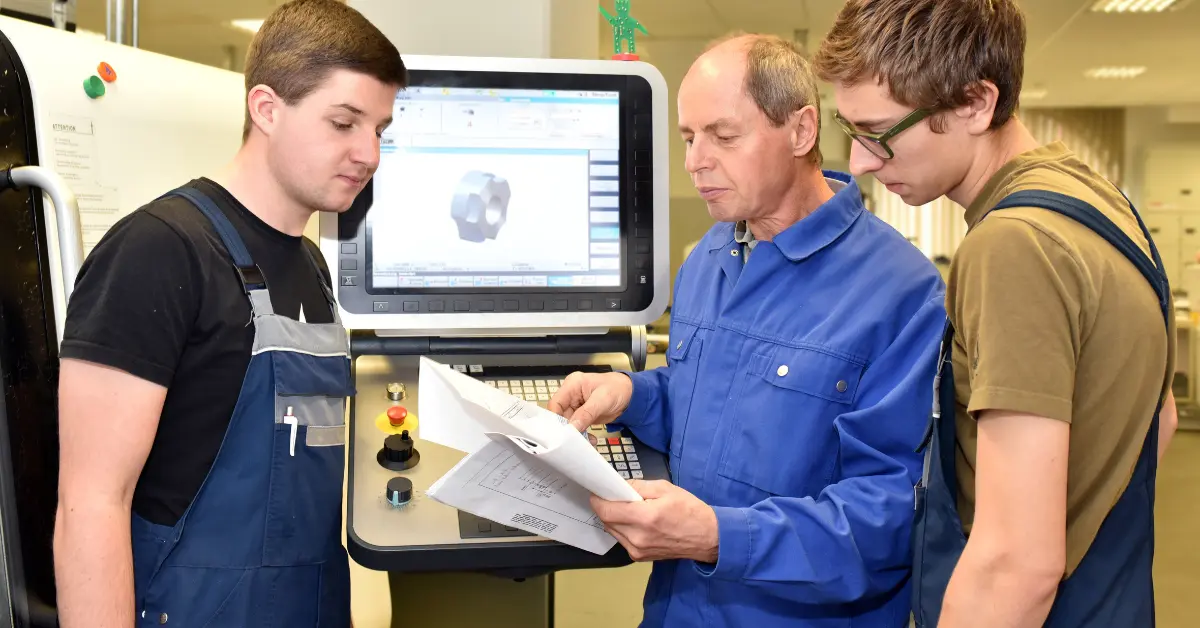
4 training tips for manufacturing ERP success
These four training tips will help your employees get the most out of your new manufacturing ERP ...
-

CMMC Compliance: What Aerospace and Defense Manufacturers Need to Know
Key insights on CMMC compliance, deadlines, and securing DoD contracts with CMMC 2.0 certificatio...
-
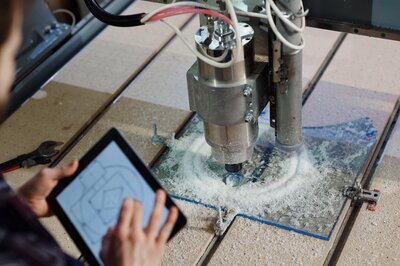
ERP for make-to-order manufacturing
How can ERP help your make-to-order manufacturing business thrive?


